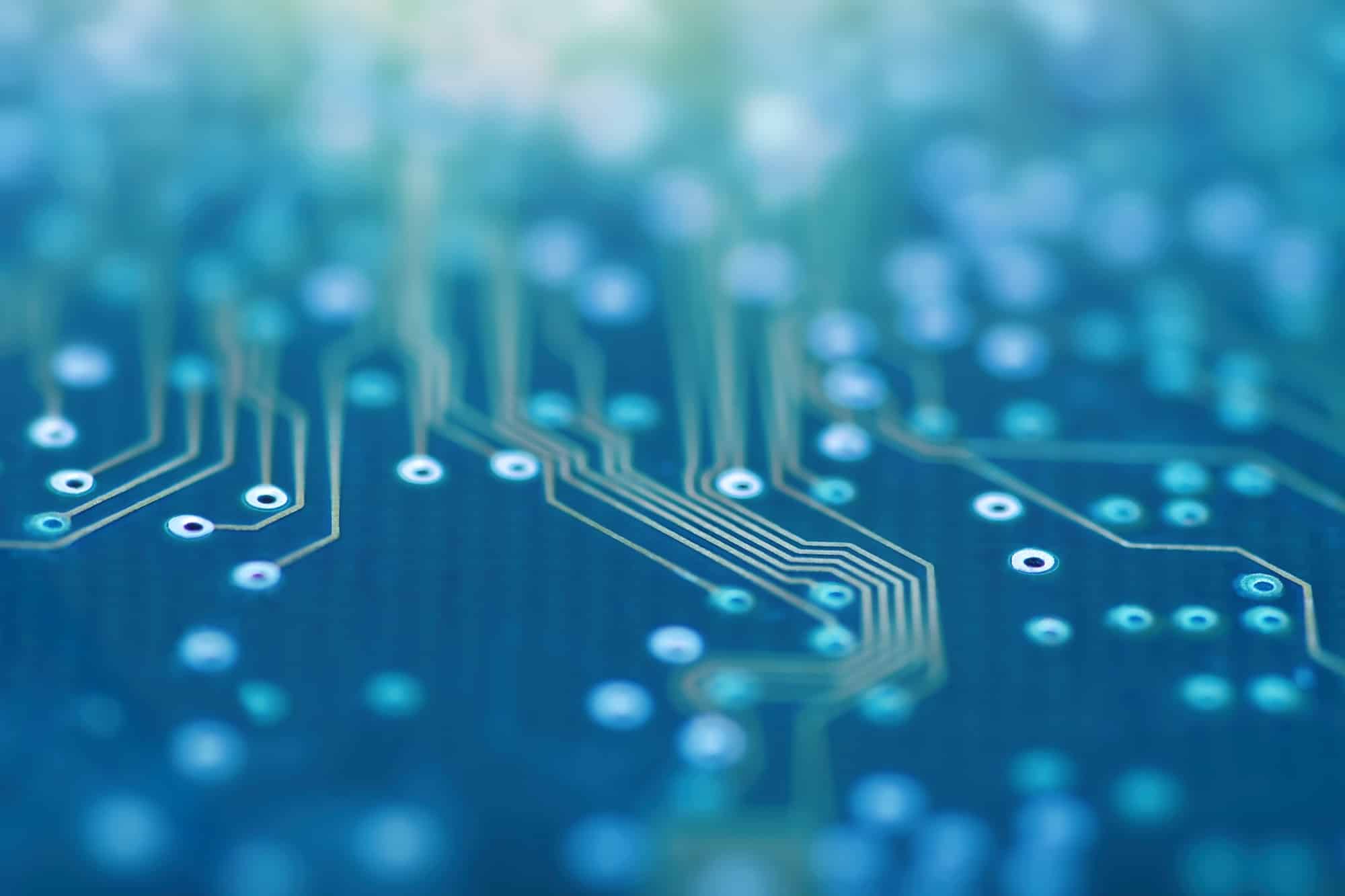How Will Quantum Networking Transform Data Security Protocols?

In today’s digital age, where data is an invaluable asset, securing it from malicious intents is a paramount concern. The evolving landscape of technology is witnessing a radical shift, with quantum computing poised to redefine the very fabric of data security. This article explores the impact of quantum networking on data security protocols.
Understanding Quantum Computing
Before diving into the subject, it’s essential to grasp the concept of quantum computing. Unlike classical computers that utilize bits, quantum computers leverage qubits. A qubit has the unprecedented ability to exist in multiple states simultaneously, thanks to a property known as superposition. This characteristic enables quantum computers to perform calculations at an exponentially faster rate than traditional computers.
A lire aussi : What Technologies Are Making Virtual Concerts a Reality?
The principle of quantum mechanics further augments this computing power by allowing qubits to be entangled. Entangled qubits remain interconnected regardless of the distance separating them, and the state of one instantly affects the other. This phenomenon, called quantum entanglement, forms the basis of quantum communication and quantum networking.
Quantum Key Distribution (QKD)
One of the fundamental aspects of quantum networking is Quantum Key Distribution (QKD). It’s a secure communication method that leverages quantum mechanics to ensure the confidentiality of information.
Cela peut vous intéresser : How Is AI Being Used to Enhance User Interface Design?
The cornerstone of QKD lies in its ability to detect eavesdroppers. When an intruder attempts to intercept the communication, they inevitably disturb the quantum system due to the Heisenberg’s Uncertainty Principle of quantum mechanics. This disturbance alerts the communicating parties of the security breach, thus safeguarding the transmission.
Furthermore, QKD embodies the principle of quantum entanglement to create encryption keys. These keys are virtually impossible to crack, even by the most potent quantum computers. This is a massive leap from current encryption algorithms that can be vulnerable to quantum computing attacks.
Quantum Computing and Cybersecurity
With quantum computers’ potential to solve complex problems at unmatched speeds, encryption algorithms that safeguard the internet today could soon be obsolete. Quantum computers could potentially decrypt the currently secure RSA encryption in a matter of seconds.
However, every coin has two sides. While quantum computers pose a threat to current encryption methods, they also provide the solution: quantum cryptography. By utilizing the principles of quantum mechanics, quantum cryptography can create virtually unbreakable encryption. This is where QKD and quantum networks step in, presenting a secure communication infrastructure resilient to quantum attacks.
The Future of Quantum Networking
Looking ahead, quantum networking represents an entirely new level of secure communication technology. By enabling quantum computers across the globe to communicate through a quantum internet, we could establish an ultra-secure, next-generation network.
The future of quantum networking could see the establishment of Quantum Secure Direct Communication (QSDC). Unlike QKD, which only shares the encryption key, QSDC enables the direct transmission of information. This technology could further enhance the security of data transmissions, making quantum networking the gold standard of secure communication.
Bridging the Gap: Quantum Networking Today
The potential of quantum networking is unquestionable, but we are still in the early stages of its development. Numerous challenges lay ahead before a global quantum network becomes a reality.
Firstly, the creation of stable qubits is a considerable challenge due to quantum decoherence. Furthermore, maintaining the state of entangled qubits during transmission over long distances requires extensive research and development.
Secondly, the current infrastructure of the internet is not equipped to handle quantum data. Building a quantum internet would require a significant investment in quantum repeaters, routers, and other components.
Despite these challenges, significant strides are being made in quantum networking research. With technology giants and government agencies investing heavily in quantum research, the era of quantum networking is not far off.
As quantum networking continues to progress, it will fundamentally transform the landscape of data security protocols. While the road to a quantum internet is filled with challenges, the potential benefits it holds for data security are immense. Indeed, the dawn of quantum networking signals a promising future for secure, robust, and fast data transmission on a global scale. By harnessing the power of quantum mechanics, we are inching closer towards a revolution in communication technology like never seen before.
Quantum Technology and Global Data Protection Policies
The advancements in quantum technology potentially hold the power to transform global data protection policies. Currently, most data protection policies are based on traditional encryption techniques, which may be vulnerable to quantum attacks. However, the introduction of quantum computers and quantum encryption methods could drastically alter this scenario.
To start with, quantum computers can process vast amounts of data at extraordinary speeds, making them a valuable asset in the realm of data security. They can not only detect security breaches faster but can also aid in instantaneous fraud detection and prevention. This capability of quantum computers could significantly enhance the efficiency and effectiveness of data protection policies.
Meanwhile, with the onset of quantum key distribution (QKD), a new era of secure communication is on the horizon. QKD uses the principles of quantum mechanics to create encryption keys that are virtually impossible to crack, providing an extra layer of safety for data transmission. If integrated into data protection policies, QKD can drastically improve the security protocols, rendering them immune to even the most potent cyber attacks.
However, the implementation of quantum technology in data protection policies is not without challenges. Quantum computers and quantum internet require an extensive infrastructure overhaul, including the deployment of quantum repeaters and routers. Also, the instability of qubits and their susceptibility to quantum decoherence present significant hurdles.
Despite these challenges, the potential of quantum technology in reshaping data protection policies is undeniable. As development continues in quantum physics and quantum mechanics, the world is moving closer to a future where quantum-resistant data protection policies are the norm.
Conclusion: Quantum Networking, a Promising Future for Data Security
The advent of quantum networking has opened up fascinating possibilities for data security. By harnessing the principles of quantum mechanics and quantum entanglement, quantum networks have the potential to redefine secure communication, making it virtually impenetrable to cyber threats.
Despite being in the nascent stages, quantum networking is making substantial headway. The implementation of Quantum Key Distribution (QKD) and the prospect of Quantum Secure Direct Communication (QSDC) are promising strides towards a future where data security is no longer a concern but a guarantee.
However, the road to this future is not without obstacles. From creating stable qubits and managing their quantum states to constructing an entirely new infrastructure for the quantum internet, the challenges are many. But with continued research, development, and investment in quantum technology, these challenges can be overcome.
In conclusion, quantum networking represents a paradigm shift in the field of data security. Its potential to transform traditional security protocols and data protection policies is immense. As we move forward, it’s not a question of ‘if’ but ‘when’ quantum networking will become an integral part of our digital world. The dawn of the quantum era promises a future of secure, robust, and rapid data transmission, setting new standards for secure communication.
